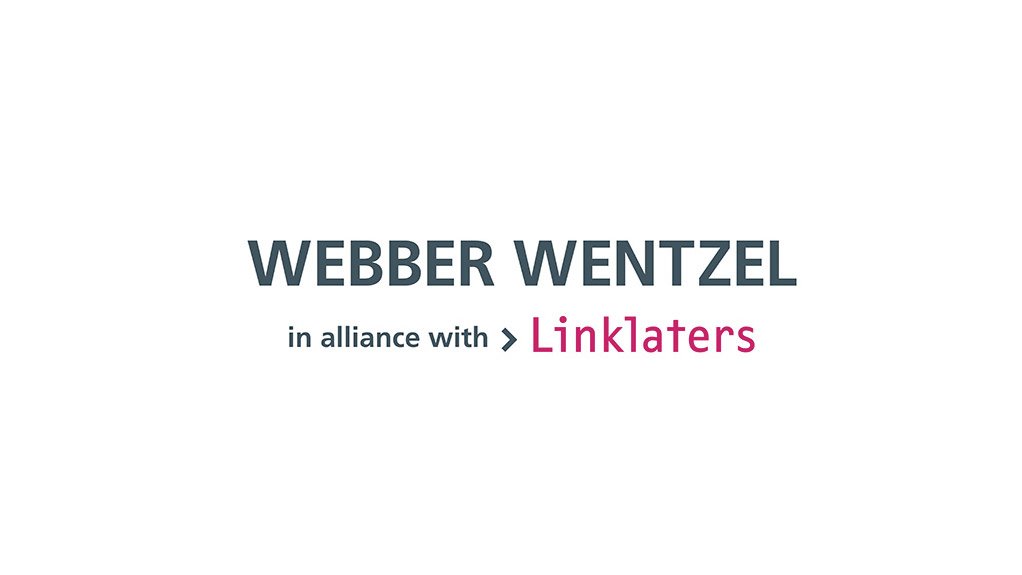The Supreme Court of Appeal (SCA) handed down its judgment on 16 October 2025 in the case of Itokolle-Clinix Private Hospital (Pty) Ltd v MNT obo DORM (863/2024) [2025] ZASCA 153. This judgment should serve as a caution for defendants when faced with a Calderbank offer.
The plaintiff, in the High Court, acting in her personal capacity and on behalf of her daughter (D), proved liability on the part of both Itokolle-Clinix Private Hospital (the Hospital) and a specialist obstetrician and gynaecologist, Dr Kofi Ofori Amanfo (Dr Ofori). The claim arose from her daughter being born with cerebral palsy. Both the Hospital and Dr Ofori were found by the High Court to have been negligent and that their negligence was the cause of the harm suffered by D and the plaintiff. The Hospital and Dr Ofori were found jointly and severally liable for 100% of the plaintiff's proven damages.
A Calderbank offer is a 'without prejudice' offer made by a plaintiff to a defendant to save costs, and to rely on such an offer, once judgment is granted in the plaintiff's favour, in support of claiming indemnifying or 'punitive' costs.
Its name comes from the English Court of Appeal's judgment in the case of Calderbank v Calderbank [1975] 3 All ER 333 (EWCA), where it was held that there was no reason, in principle, why informal offers made outside the formal court rules could not be relied on.
Calderbank offers are approved and applied in our courts.
The High Court awarded costs on the High Court scale as between party and party to the plaintiff. The plaintiff applied to the High Court to have the costs order reconsidered, as she made a Calderbank offer before trial, indicating a willingness to settle if the defendants admitted liability for 85% of her proven damages. The offer was rejected, and the Hospital made two unacceptable counteroffers. The plaintiff therefore applied for an order awarding the plaintiff a portion of her costs up to a certain date as between party and party and the remaining costs, including those of the reconsideration application, as between attorney and own client. The High Court ordered the Hospital and Dr Ofori to pay these costs sought.
The Hospital appealed against the judgment of the High Court and against the reconsidered order for costs.
The appeal was dismissed.
Why was the plaintiff successful on the issue of costs?
A Calderbank offer made by a plaintiff to settle a matter is recognised in the same way as a formal offer made by a defendant to settle a matter in terms of the court rules. A defendant, faced with a Calderbank offer, who fails to act reasonably in rejecting the offer, is at risk of being liable to indemnify a plaintiff in respect of all legal costs incurred, or pay more than the much reduced and limited party and party costs, from the date of the Calderbank offer.
A successful Calderbank offer is, however, not an automatic entitlement to recover more costs than those ordinarily recoverable. The plaintiff made a Calderbank offer to the Hospital and Dr Ofori that was more generous to them than the order made by the High Court. To succeed in recovering the attorney-and-own client costs claimed, the plaintiff had to prove that the defendants unreasonably rejected her Calderbank offer.
The factors considered by a court when deciding whether a defendant's conduct was unreasonable depend on the facts of each case, and a consistently applied starting point is the public interest. It is in the public interest not to waste public resources on litigation that could be avoided by settlement.
On appeal, the Hospital argued that it was reasonable to reject the Calderbank offer. It submitted that its counteroffers of 20% and 50% liability, respectively, were reasonable.
In finding that the conduct of the Hospital was unreasonable, the High Court pointed to the extent of the information available to the Hospital at the time the Calderbank offer was made that, in the circumstances, ought to have alerted the Hospital to the high risk it was taking in continuing with its defence of the case.
In deciding whether to award attorney-and-own client costs, the High Court considered the plaintiff's financial position in comparison to the Hospital's, noting that an order for anything less would result in the capital amount awarded as damages being significantly eroded by the portion of the costs borne by the plaintiff. The High Court concluded that the costs order sought by the plaintiff was justified because its purpose was to 'indemnify' her in respect of costs unjustly incurred because of the unreasonable rejection of the Calderbank offer.
On appeal, the High Court was found to have exercised its discretion judicially in making the reconsidered order for costs and, as a result, there was no basis upon which to interfere with the High Court's discretion.
As the cost implications of prolonged litigation have become exorbitant, the risk of paying 'punitive' costs should be a strong motivator for a defendant to properly assess its case and the risks inherent in defending it to trial, and give serious consideration to a Calderbank offer made, before forcing a plaintiff into unnecessary or protracted litigation.
Written by Lisa Swaine, Partner at Webber Wentzel
EMAIL THIS ARTICLE SAVE THIS ARTICLE ARTICLE ENQUIRY FEEDBACK
To subscribe email subscriptions@creamermedia.co.za or click here
To advertise email advertising@creamermedia.co.za or click here











